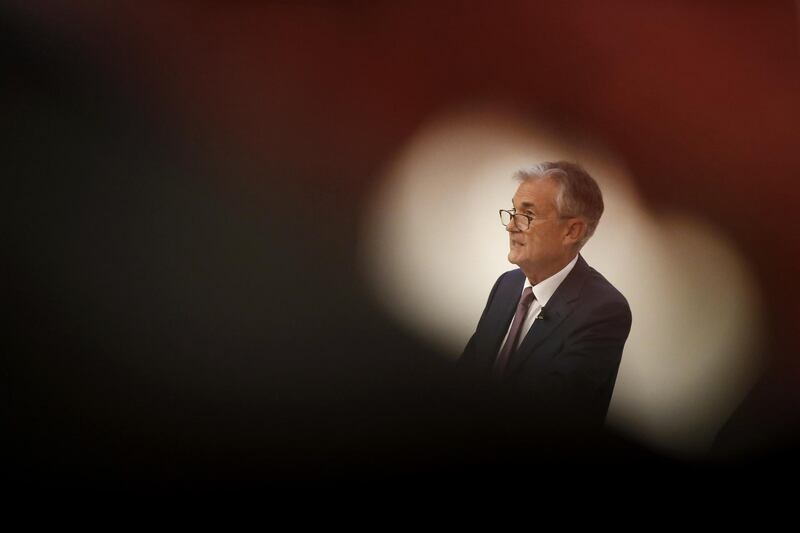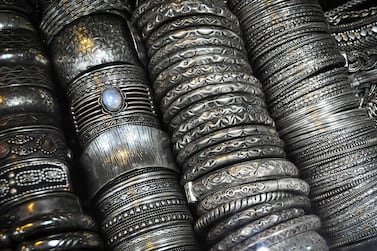Investors are listening to a lot of noise these days. Whether it is Donald Trump’s seventh tweet of the day or the machinations of the UK’s Brexit from Europe, it is easy to get lost in the world of right now and forget that investment is normally a long-term proposition.
You want to be thinking five, 10 or 25 years ahead, not wondering if your portfolio will make it to the end of the week.
There are various approaches to this problem. Warren Buffet, the world’s most successful investor, likes to live far away from Wall Street in the comparative obscurity of Omaha where he can think more clearly.
Other investors study long-term charts, or consider market fundamentals. Another school follows the comments of the global central bankers.
They are the guardians of the economic future, and arguably their monetary policy is one of the prime determinants of what is to come.
Not enough pressure on the monetary pedal and the economy may stall. Too much and Zimbabwe-style inflation will ruin all those with fixed incomes who can’t keep up.
Today the message being telegraphed from the global central banks is easy to read. They are set on releasing liquidity to offset a global economic slowdown via lower interest rates and relaxing bank lending rules.
From September 16, the People’s Bank of China is cutting its reserve requirement ratio by 50 basis points. This is the third action of its kind this year and the seventh since early 2008.
At the same time, Beijing is reporting a 10 per cent year-on-year increase in food prices, albeit headline inflation remains at 2.8 per cent. Authorities blamed an outbreak of swine flu for this hike in food bills.
But that is probably not the whole story as fresh fruit was also up 24 per cent. Could it be that surging money supply is finally catching up with consumer prices? Too much money chasing too little food means higher grocery bills.
We are still miles away from so-called helicopter drops of money directly into people’s bank accounts to stimulate spending, as advocated by followers of Modern Monetary Theory. Yet this is now being seriously discussed again, though China is hardly alone in its easy money policy.
The US Federal Reserve is widely expect to cut its main interest rate again this month to offset the negative impact of President Donald Trump’s trade war with China. The European Central Bank is also planning to boost its flagging economy with a package of stimulus measures.
It is hard to see any central bank breaking ranks and doing something different. Perhaps the Bank of England might have to raise interest rates to steady sterling in the event of a no-deal Brexit at the end of October or after a general election or second referendum.
And that’s another reason to fear ploughing too much money into what are supposed to be safe bond investments. Bond prices will one day reverse direction — they also fall as well as rise — and really when interest rates have passed zero you can’t be that far off a reversal.
If bonds no longer work for investors, then what is left? Stock market valuations look very stretched, largely because ultra-low interest rates still make the very modest dividend returns on stocks look interesting.
But then you have to consider the potential downside to the capital value of your share investments relative to what you earn in a paltry dividend, and ask if that is a risk worth taking with limited potential upside at this stage in the investment cycle.
That sort of long-term thinking is a good reason to avoid stock markets altogether in the current environment. Just wait for a correction or crash before buying shares again.
Warren Buffett is sat on a record $122 billion (Dh448.1bn) cash pile and has not bought much in the stock market recently. His ability to snap up bargains in a market storm is legendary.
However, to do that you must have cash available at a moment in the investment cycle when many participants find themselves overstretched and forced to liquidate even their best assets at discounted prices.
Raising cash before others do the same is not a bad idea. You might also diversify currency risk. Ask UK sterling or Russian rouble savers why that is sensible.
Unfortunately real estate is another casualty of the low-interest-rate regime. Rental yields have fallen alongside interest rates while capital valuations have become stretched. Again the possible upside in capital values is limited relative to the downside risk and low rental income.
Almost by default the only winner that should come through an asset price reset is precious metals; it almost acts as a form of currency without a central bank printing it. But by then it will be time to sell your gold and buy income-producing assets at bargain prices.
Peter Cooper has been writing about Gulf finance for two decades








